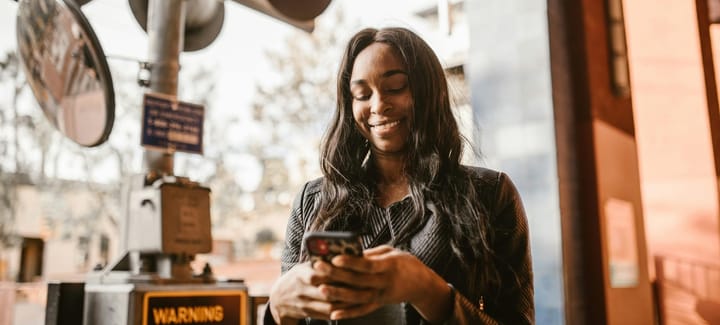The Impact of Community on Relationship Style
Community influences how we do relationships and how romance functions to curb loneliness.

We are in a time of unprecedented loneliness*. People are experiencing social isolation, often blamed on the compounding impact of isolated urban planning, social media, and the ripple effects of COVID-19. Whatever the cause, individuals from all generations are experiencing intense loneliness, which can lead to higher rates of depression, as well as shorter lifespans.
There is a significant focus in the media on what researchers are calling "third places" - public gathering spots that are neither home (first place) or work (second place). Third places are one key to bringing people together and creating a collective sense of community. Unfortunately, attention has been turned toward third places because they are becoming more rare, making it harder to establish a sense of community.
Our third places are not the only spaces that have been impacted by isolation. Historically, families lived in multi-generational homes, where children were encouraged to play outside and neighborhoods established a sense of community through knowing the people who lived close to you. The single-family home has become a beacon of financial success, thus removing older generations from the home, and isolating aging adults away from families. There is also a growing trend toward "stranger danger" for families, essentially cutting kids off from the ability to go play outside without the supervision of adults.
Finally, many work places have also shifted toward more isolation. Don't get me wrong here - I am a fierce advocate of working from home for all kinds of reasons. However, the trend toward working from home, hybrid work environments, and even masking and social distancing that remains from COVID-19, have created tension regarding gathering and establishing community. Collecting can pose health risks, so there is limited community building even in work settings.
If you have gotten this far, you might be wondering - how does this relate to polyamory, Steph? Good question.
While I believe that there are systemic influences that are driving isolation, I also believe that people get creative when their need to collect drives them. I can't help but wonder (channeling my best Carrie Bradshaw there), if the recent explosion of interest in open relationships is one way to address ongoing loneliness.
We know that culturally marriage and the nuclear family are some of the most powerful social and economic influences in the Western world. We have romanticized marriage and there is an unspoken expectation that the relationship escalator exists to conflate adulthood with parenthood.
As folks examine this approach to relationships and apply it to their life, but then also look at reality, a question occurs: Could open relationships be a marriage between the goals of building a family and establishing like-minded adult communities to address the loneliness?
I am not necessarily saying that this is a conscious experience - "I want to be polyamorous because I am lonely" might actually be a reasonable explanation, but it is also generally frowned upon in the community (if you disagree with me, join an open relationship Facebook group and search lonely and then feel sad at the horrible, terrible comments that come with it). People are told to find friends instead of approach romantic relationships from a place of "lack." Or to learn to be happy by themselves before they bring others into their lives.
Logically, this is bonkers. Adults form romantic relationships for all kinds of reasons, and a big one is to keep from being lonely. Community and connection are both human needs and people should fill those needs in ways that make sense to them.
The idea that open relationships are an option toward community building, and a way to combat the loneliness trends that we are seeing as a culture, excites me. As people establish loving relationships of all kinds, (romantic, platonic, somewhere in between), I hope that openness becomes a bastion against loneliness for folks.
I am curious as to how open relationships have influenced your sense of community. Shoot me an email, and let me know if you are willing to share.
In curiosity,
Dr. S. Kay Webb
P.S. If you are interested in reading more about this, Urban Tribes is a great book (although a little aged now) about changes in community building.
*See Nowhere to Go: The Loss of Third Spaces for a detailed list of sources and a short video on the matter.


